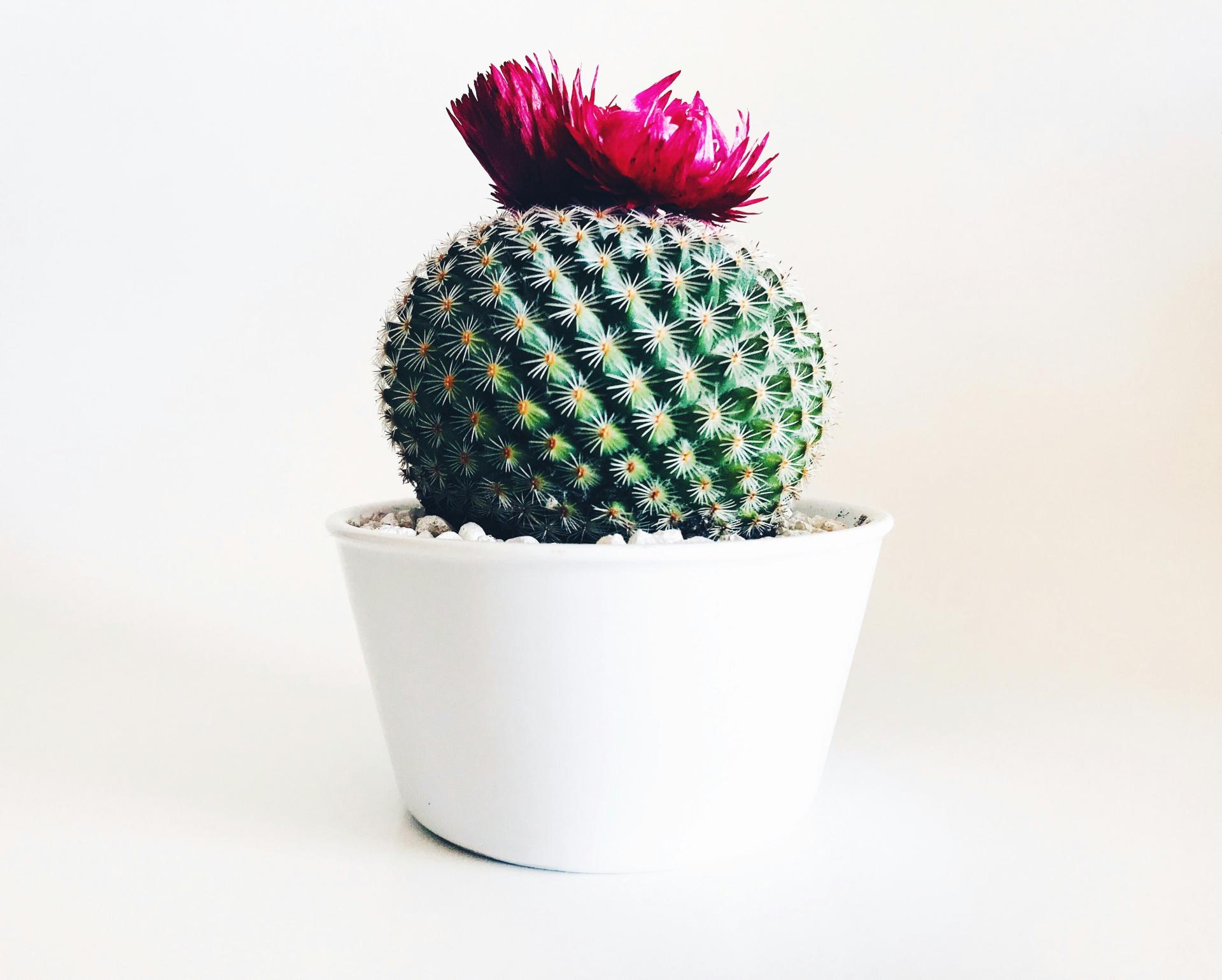
Why Autumn Drains Your Energy

The days are getting shorter, the evenings darker, and outside it’s often colder and wetter: autumn is on its way. Many people notice that during this season they get tired more quickly or feel less motivated to be active. Especially if you’re sensitive to stimuli, autumn can feel particularly heavy. Sounds seem louder, your mood shifts more quickly, and your energy drains faster. But why does this happen? And what can you do about it?
Our bodies react strongly to the amount of daylight we take in. In summer, with its long days, your body produces more serotonin—a chemical that supports your energy and mood. As the days get shorter, those levels drop. At the same time, your body produces more melatonin, the hormone that makes you sleepy. That’s helpful at night when you want to fall asleep, but it can also make you feel less alert and energetic during the day.
Research shows that these shifts influence how we feel. Some people even develop seasonal depression in autumn or winter. But even without that, you may notice subtle changes: less desire to be active, a greater need for sleep, and a dip in concentration.
Sensitivity to stimuli
If you’re sensitive to stimuli, you often notice these changes more intensely. Your nervous system reacts more strongly to signals from the outside world: sound, light, movement, or other people’s emotions. In autumn, these stimuli pile up more quickly. The constant patter of rain, the busyness of a full work schedule after summer, or the harsh artificial lighting at the office—it can all cost more energy than in other seasons.
On top of that, you’re indoors more often, sitting in groups or meetings, with fewer chances to get outside or breathe fresh air. The result: you become overstimulated more quickly and feel drained sooner.
Turning inward
Autumn is also a season of turning inward. Nature shows it clearly: leaves fall, animals retreat, the world slows down. Many people feel the same. You may long for rest, reflection, or silence. At the same time, everyday life often demands the opposite: deadlines, social obligations, and a heavy workload. That clash with your inner needs can sap your energy reserves more quickly.
Autumn can also activate old patterns or feelings. For some, the darkness brings a lower mood or intensifies worrying. If you’re sensitive, you may experience those signals more strongly and lose your balance more easily.
What helps?
The first step is acknowledging that your energy in autumn is different. It doesn’t mean something is wrong with you—it’s a natural reaction of your body and nervous system. Once you accept that, you can make more conscious choices about how to deal with it.
I’ve noticed how important light is for me. Even on gray days, I try to get outside. A short walk at lunchtime often makes a big difference: you get daylight, movement, and fresh air all at once. A daylight lamp can also help if you spend most of your time indoors.
Structure is another key. In autumn, it’s tempting to stay in bed longer or eat at irregular times. But a steady rhythm gives your body stability. That doesn’t mean you have to be strict with yourself, but small routines—getting up on time, regular meals, a bedtime ritual—can really support your energy.
Unwinding
If you’re sensitive to stimuli, it’s especially important to build in moments to unwind. That can take many forms: a short break without your phone, listening to calm music, drawing or writing, or simply doing nothing. The point is to give your nervous system the chance to reset.
Creative activities can also be surprisingly energizing. Autumn is a perfect time to turn inward and work out new ideas. Whether it’s painting, reading, making music, or writing, creativity can help release tension and restore your energy.
Accepting fluctuations
It’s important to be gentle with yourself. You don’t need to push at full speed every day. Your energy will naturally fluctuate more in autumn—and that’s completely normal. Maybe you feel less like going to social events, or you can’t get as much work done as in summer. Don’t see that as failure, but as a signal to listen more closely to your own rhythm. By respecting your limits, you’ll stay balanced in the long run.
Autumn can be tough if you’re sensitive to stimuli: more tiredness, more ups and downs, and faster overstimulation. But it also invites you to slow down, turn inward, and pay attention to what you truly need. In that sense, autumn can become a season not just of fatigue, but of depth, creativity, and rest.

About the author
- Karolien Koolhof is a coach voor introverts and gifted individuals
- Author of the book Introvert Leadership
- Contact

